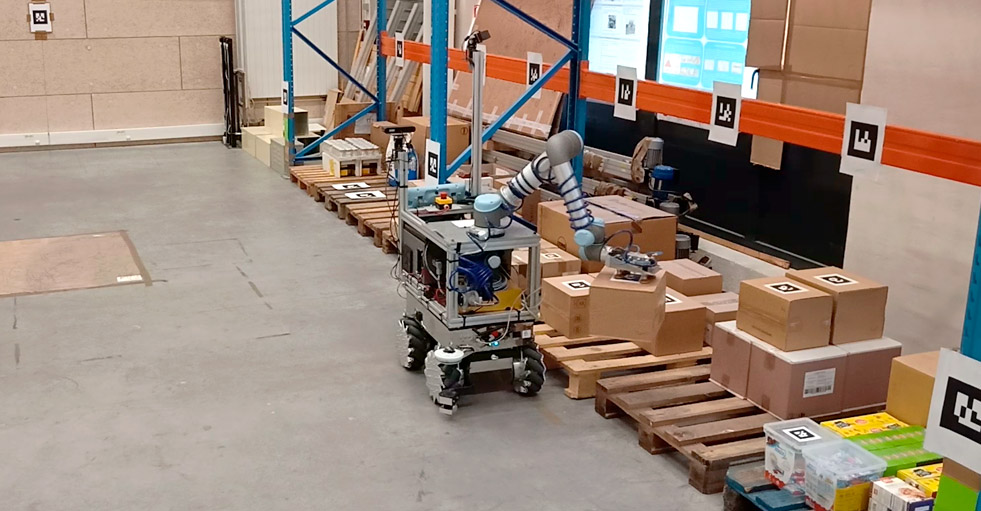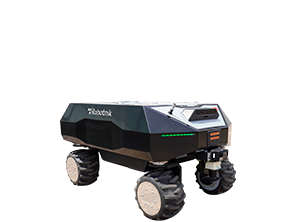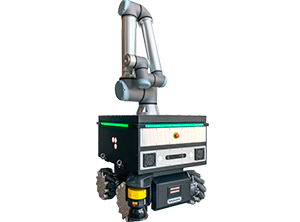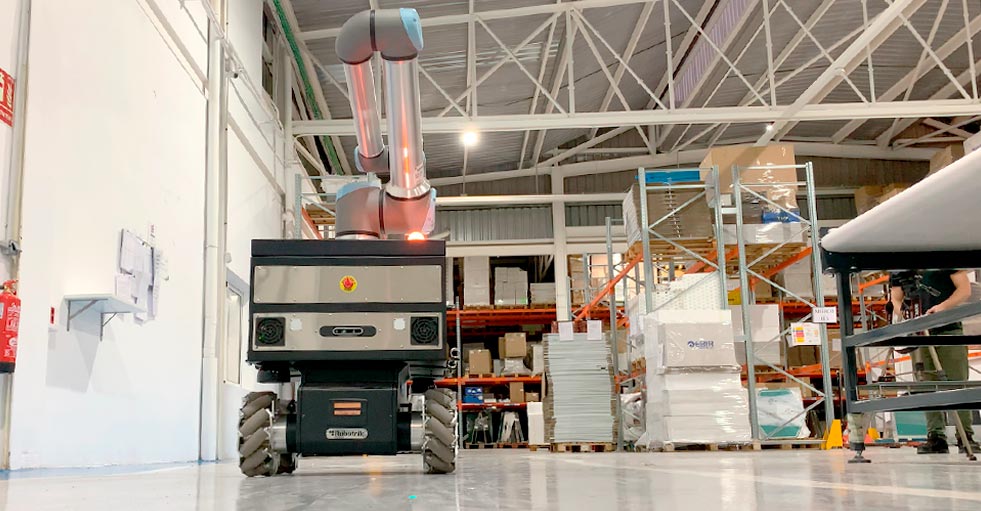Smart factories are production companies and factories with a level of automation and digitalization that allows them to take advantage of the potential of the latest technologies to improve their productivity and create more flexible and streamlined processes.
These types of factories operate within the realms of Industry 4.0, also known as the Connected Industry. In this industry, what stands out most is how data and information flows are created, as well as the involvement of robots and humans in those processes.
When we speak of smart factories, that implies mobile robotics autonomous and collaborative robots that enable intelligent automation and the creation of safer, more productive work environments where the interaction between machines and humans ensures optimal use of each of their qualities and capabilities.
What are the characteristics of a smart factory?
To understand why collaborative robotics is one of the key players in Industry 4.0 – promoting innovative changes and creating new production methods – then we must begin by understanding the features that determine whether an industry is operating intelligently or not.
Automation of processes
This process of automation doesn’t set out to replace manpower; it aims to optimize tasks through the use of new technologies, such as Artificial Intelligence, Big Data, or the Internet of Things.

Flexibility
Production and market environments are increasingly changing and the survival of many companies depends on their degree of adaptability to new customer needs or demands.
To be able to cope with this, they first need to create a streamlined, flexible industrial workspace that can adapt to change, without needing to incur large losses. In this way, automation allows for greater versatility without suffering production downtime.
Redesigning the production line
Connectivity and automation are responsible for making collaborative robotics and intelligent mobile manipulators more accessible for all types of industries and all sizes of companies.
So, we can see that production volumes don’t create so many competitive advantages anymore; these days competitiveness revolves more around the ability to streamline the assembly line processes with fewer resources, and to create higher quality products at a lower cost.
Focusing on work strengths
It is important to bear in mind that smart factories don’t dispense with the human workforce; they strive to relocate them to take care of more value tasks.
Collaborative robots are designed to assist humans; their function is to interact with them and function under their control in order to take care of their speciality: repetitive tasks carried out uniformly and at a constant speed.
Mobile robotics solutions at the forefront of Industry 4.0
Robotnik is an expert in the design and manufacture of mobile robots and mobile manipulators that are used as automated solutions for different applications and services, and especially for logistics.
Mobile robotics for logistics by taking over the tasks of transporting and picking materials, and, in turn, freeing operators from repetitive and tedious tasks where efficiency and effectiveness can be lost.
The mobile robots are controlled by a Fleet Management System that simplifies the handling of the robots and creates safe, efficient transport routes, where robots can work in the same environment as operators.
Mobile manipulators are a very useful automated solution in smart factories because they permit you, above all, to save time and improve the efficiency of any given process.
Mobile manipulators are extremely useful for industrial applications such as pick and place, part feeding, metrology, quality control, operations on large parts or packaging, cleaning, polishing, screwing or drilling.
The main advantage of a mobile manipulator is its capacity to expand the cobot workspace unlimitedly. In the case of RB-KAIROS+ from Robotnik’s it should be noted its omni-directional movement which allows the reduction of times, making it 1/5 times faster than a differential.
The simplification of mechanical processes is the greatest added value that collaborative mobile robots can bring to the industry, leaving creativity to people.


